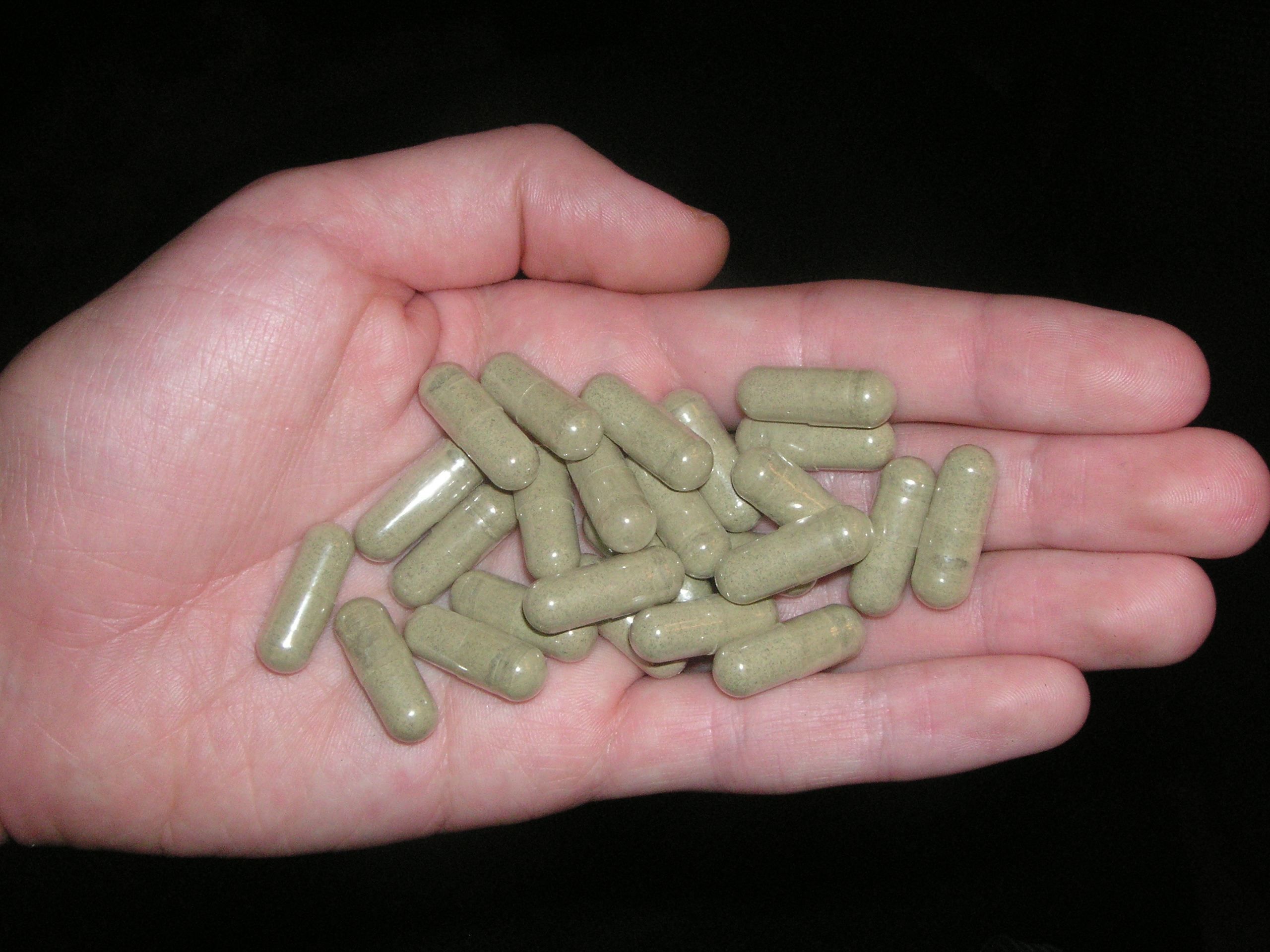Kratom, the psychoactive plant originally from southeast Asia, is on the cusp of legal regulation in Czechia, also known as the Czech Republic. While it is primarily banned as a novel psychoactive substances, regulation advocates believe that its legal control will help prevent sales to minors as well as assist in the production of more research into its potential therapeutic applications. Exclusive conversations between TalkingDrugs and kratom advocates gave us an insight into the process for legal regulation, as well as the reasons behind this policy shift.
What is kratom?
Kratom is a plant with a complex psychoactive profile, as it contains hundreds of psychoactive alkaloids within it that may impact a user in different ways; this creates regulatory challenges for its control, similar to that of cannabis because of its complex array of cannabinoids. Traditionally consumed in Southeast Asia, fresh kratom leaves are usually chewed, or dried into a tea. Its effects are mostly dose-dependent: in low doses, the plant has mildly euphoriant effects, stimulating its users; in larger doses it can provide pain relief as well as sedate people who use it.
Some of its compounds, particularly mitragynine, are believed to be habit-forming, and present a potential risk for dependency. However, it has largely escaped complete bans, being instead controlled as a novel psychoactive substance, or remaining legal as a “food supplement” of sorts. Some countries, like Belarus, Russia, Argentina (specifically banning mitragynine, one of its psychoactive components) have banned it. A more complete list of where it is illegal or not is available here.
A plant of complex effects
The plant has several applications that vary across the cultural context in which it is consumed. This is in part due to its activation of dopamine and opioid receptors, as well as serotonergic and adrenergic pathways. This means that kratom can both produce analgesic as well as stimulating effects, depending on the dose.
There’s evidence of its use as a stimulant to assist in work productivity and combatting fatigue in Southeast Asia, especially in Thailand, Malaysia, New Guinea, and the Philippines. It has also been used as an opium substitute in Malaysia during periods of opium scarcity. As a partial agonist of opioid receptors, kratom I a useful tool in the arsenal of low-cost substances to manage opioid withdrawal symptoms, used both in the West and in the Global South.

Kratom can be consumed in pill form, or chewed in the raw plant form. Source: Wikimedia
What kratom’s regulation may mean
The legal regulation of kratom in Czechia is a first step towards improving controls over its sales. The Czech Pirate Party, supported by the European Kratom Alliance and the Czecho-Slovak Kratom Association have been advocating for the legal regulation of kratom in Czechia. It is currently freely available as it is not regulated as a food, drug or supplement, legally considered instead as a “collector’s item”, meaning it is mostly unregulated. Its legal control is expected to help create age restrictions on purchases, as well as manufacturing practices to reduce any adulterants or counterfeit formulations.
“There is a need to regulate, prohibit free sale and sale under the age of 18, but not ban it completely. Restrictions are appropriate, but prohibition is an extreme solution”, as stated by the Czech Government Anti-Drugs Coordinator, Jindřich Vobořil.
“Kratom in Czechia is not regulated like in many European countries. It is not prohibited either. This puts kratom in the grey zone. In such a situation, users can't be informed about potential risks and benefits. And what is worse, there is no regulation of the quality control of the product, which can be a very significant risk on its own. New regulation affords great protection to consumers and ensures that minors can't buy it,” Jakub Zientala, a representative of the European Kratom Alliance, told TalkingDrugs.
“Regulation of sales of Kratom is our first step towards creating a market similar to that in the USA or Thailand, where kratom can be sold and purchased legally. We aim to make kratom legal in Europe and ensure that consumers are protected from adulterated or not-safe kratom,” he added.
The regulation of kratom appears to be an exercise in prudent regulation, creating legal mechanisms for ensuring quality and safety standards for the drug. While the current selling environment is wholly unregulated, it’s hoped that the future policy would create safeguards in terms of product quality, whilst providing further support for those suffering from drug-related harms, like dependency on kratom.
As Vobořil mentioned, restrictions are needed, without veering towards prohibition, which can actually exacerbate drug-related harms. While legal regulation will help control harms from unrestricted access, it may exacerbate those associated with contact with the criminal justice system. That is why a system of decriminalised possession must still stay in place, and will be a feature to monitor in the development of Czech legislation.


